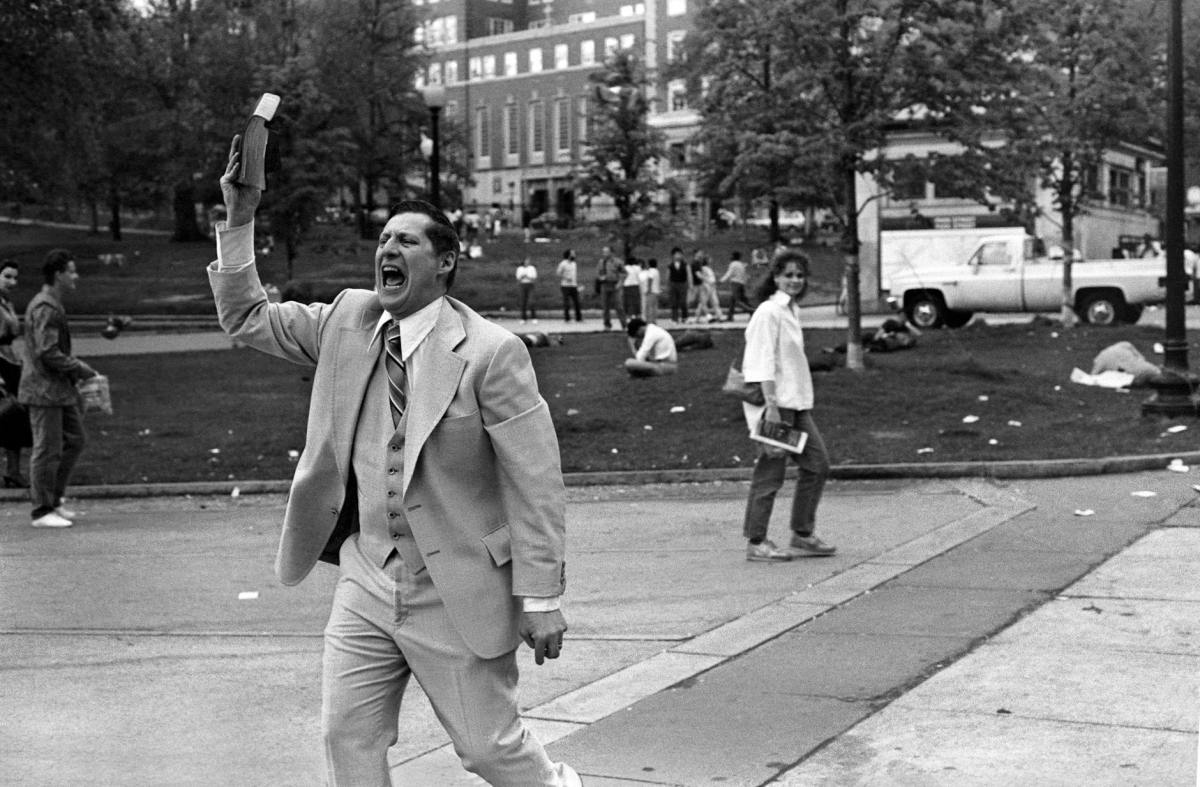The Lord reveals Himself to us in diverse ways. For some people, it is a still small voice that prompts the need to give their lives to the Lord. Others encounter God through life’s experiences and challenges. Some encounter God through preaching messages. Some through angelic encounters. These are not exhaustive lists, there are different ways that many people get the attention of God. What was your own story? Maybe you can share your personal testimony of your salvation experience with someone today. It is a powerful tool to get people to think about God. Not all of us have the same encounters and as such it is important that we do not make one encounter seem better than the other. What is necessary is that the person encounters the Lord. How the Lord does it, is not our way to decide.
Cornelius stared at him in fear. “What is it, Lord?” he asked. The angel answered, “Your prayers and gifts to the poor have come up as a memorial offering before God. Now send men to Joppa to bring back a man named Simon who is called Peter. (Acts 10:4-5)
In the book of Acts, we are introduced to a pious man by the name Cornelius. This is the story of Cornelius. According to Acts 10:1-2, at Caesarea there was a man named Cornelius, a centurion in what was known as the Italian Regiment. He and all his family were devout and God-fearing; he gave generously to those in need and prayed to God regularly. Cornelius was not your everyday centurion. He wasn’t the busy type of Roman soldier. He lived among Jewish people but he did not consider himself better than others. Both him and his family were devout and God-fearing. They loved God and were devoted to serving the needs of others. Their giving was facilitated by a heart of generosity and they prayed to God regularly. Cornelius’ life caught the attention of heaven. As He continued his dedication to God, he had an angelic visitation.
“One day at about three in the afternoon he had a vision. He distinctly saw an angel of God, who came to him and said, “Cornelius!” Cornelius stared at him in fear. “What is it, Lord?” he asked. The angel answered, “Your prayers and gifts to the poor have come up as a memorial offering before God. Now send men to Joppa to bring back a man named Simon who is called Peter. He is staying with Simon the tanner, whose house is by the sea.” (Acts 10:3-6)
Cornelius immediately sent two of his servants to Joppa. Even before the servant’s arrived in Joppa, Peter had a similar vision that confirmed to him what God had revealed to Cornelius. Peter who would have refused any encounter with a Roman citizen was more than convinced that God shows no favoritism. When Peter arrived in the house of Cornelius, he met a group of people ready to experience the Lord. As Peter shared with the people the message of the gospel the Holy Spirit came on all who heard the message (Acts 10:44). Peter, amazed by this said, “Surely no one can stand in the way of their being baptized with water. They have received the Holy Spirit just as we have.” So he ordered that they be baptized in the name of Jesus Christ. Then they asked Peter to stay with them for a few days. (Acts 10:47-48).
The household of Cornelius experienced the hand of God. In just one day, all the years of Cornelius’ dedicated service to the Lord was rewarded. Heaven acknowledged his great contribution to the kingdom of God and an angel was sent to convey this message. After that, God brought in the apostle Peter who led the entire family to understand the gospel and baptized the household of Cornelius. Imagine the transformation that will take place in Caesarea because of the salvation of Cornelius. This encounter also reveals the heart of God, He wants all people everywhere to be saved. None is beyond redemption. One other lesson is that our good deeds alone cannot save us. Thus being a good person is not a license to eternal life. We need to understand that our goodness should stem from the understanding that we have been saved to save others. If we are not motivated by Jesus, then we still need a ‘Peter’ to lead us to encounter salvation. You have a task to reach out to the unreached. Be the Peter that will lead good people to become Jesus loving people. A ‘Cornelius’ in your neighbourhood needs your prayers and support.








